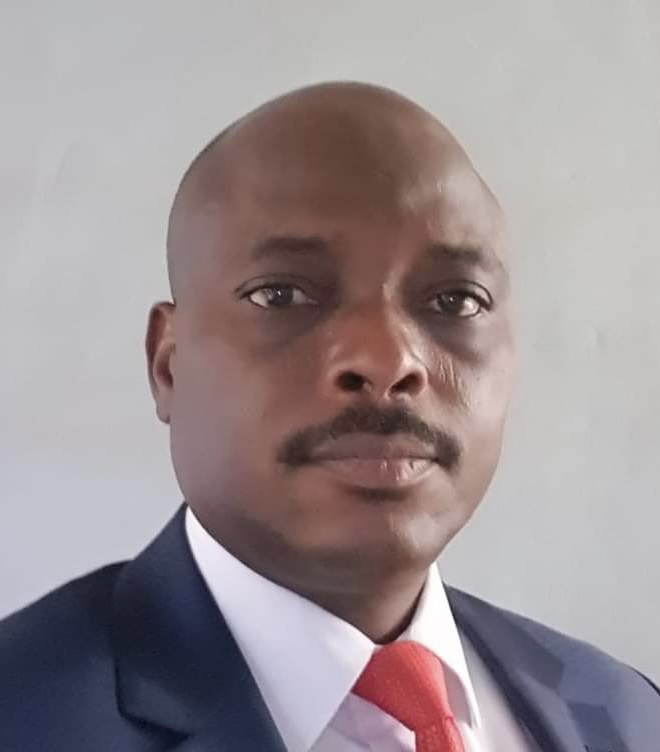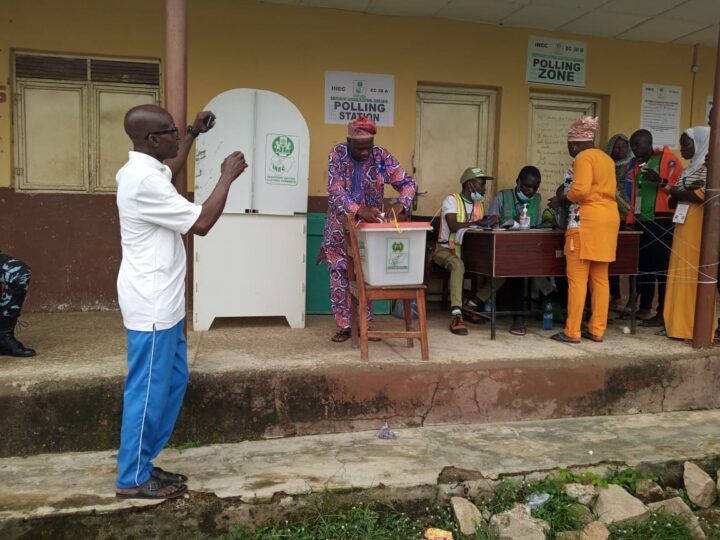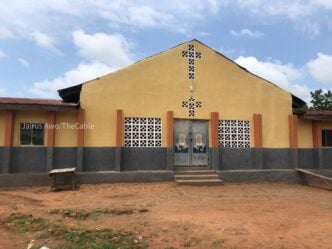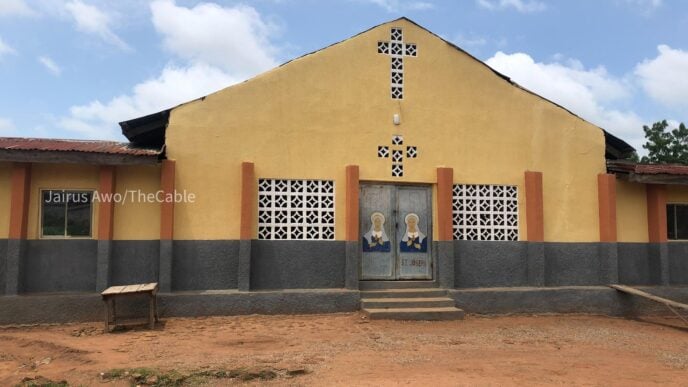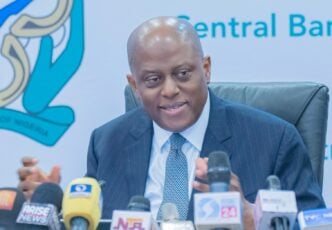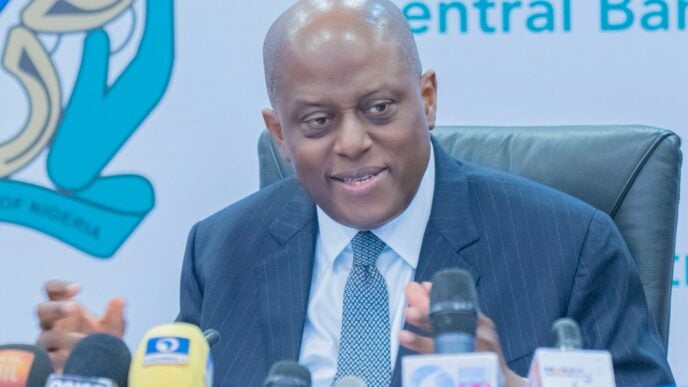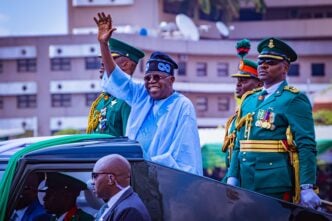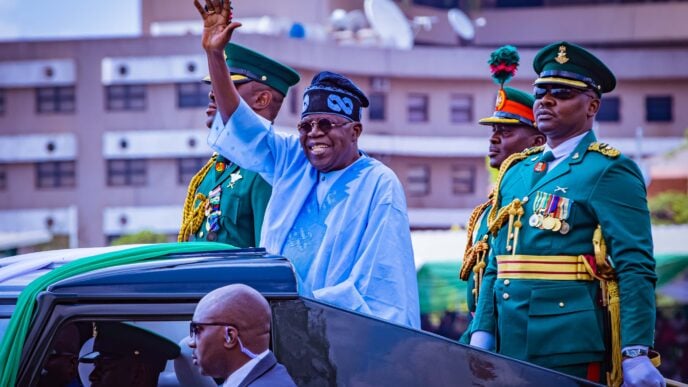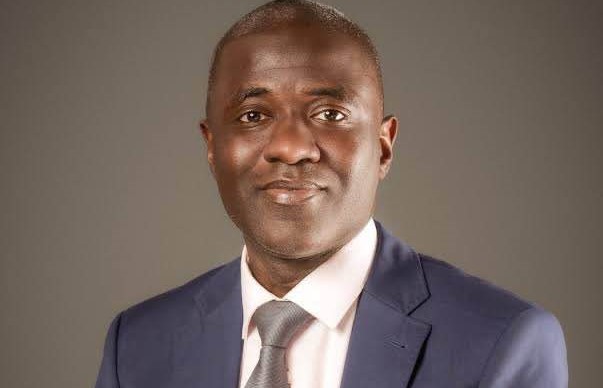In the season when the rains were uncertain and the sun stood still over the hills of destiny, the Gatherers of the Broom prepared for their greatest test. The throne of the Land of the Living Streams would soon be vacant again, and ten men, all claiming divine inspiration, stepped into the ring of ambition.
Their drums beat loud; their singers praised high; their banners fluttered across towns and markets. Yet, amid the dust and chants, the people soon realized that though ten had entered the race, only four cast shadows wide enough to stir the land.
They were called — The Gold Merchant, The Puppet Prince, The Bull of the East, and The Young Visionary. Each carried his dream in a bag woven with pride, hope, and secrets.
Advertisement
The Gold Merchant
From the tranquil western hills, surrounded by whispering palm trees and narrow red paths, came The Gold Merchant. His town was small, peaceful, and proud; a place where the cock’s crow carried over valleys and the people still greeted elders under the shade of ancient trees. But while the town was rich in heritage, it was poor in numbers. Its sons could fill the square on market day, but not the ballot boxes when the drums of politics began to beat.
The Gold Merchant was a man of great means. His carriages gleamed, his followers sang in borrowed joy, and his table overflowed with gifts. He had walked the length and breadth of the land, from the golden plains to the river towns, spreading promises like petals.
Advertisement
He spoke of compassion and continuity, but the people whispered in corners: “A man may buy mirrors, but not reflections. He has gold, but does he have governance?”
They talked about his wealth but doubted his depth. For in the land of wisdom, the elders say, ‘Money may build bridges, but it cannot cross rivers of leadership.’
The Gold Merchant’s confidence glimmered, but many knew that in the great arithmetic of politics, his numbers did not add up. His town is too small to raise a storm in an ocean of votes.
And so, some smiled politely, collecting his tokens, while others sighed, knowing that wealth may open doors but cannot open hearts.
Advertisement
They said it with quiet laughter that carried the bitterness of truth. For though the Gold Merchant’s generosity filled the markets and his gifts fell like rain in the dry season, the wise knew the source of the stream from which he poured.
To the untrained eye, his largesse looked like kindness; his feasts looked like goodwill. But the discerning ones murmured that the same wealth he now sprinkled across the land was drawn from the sweat of the people — from the common purse of yesterday, dressed now as personal benevolence.
The Puppet Prince
Also, from the western stretch came The Puppet Prince, a man of calm face and careful words. His gait was slow, his voice unsure, and his strength borrowed from the towering shadow of The Powerful One of Yesterday, a man who once ruled the kingdom with both glory and controversy.
Advertisement
The old ruler, though retired from the palace, had refused to retire from power. By night, he rode in silence, knocking on the doors of elders, whispering into the ears of kingmakers, sowing promises like seeds in dry soil.
The Puppet Prince depended on these secret journeys. He had neither a strong voice nor a visible plan. His speeches came like gentle rain that wets nothing. He was courteous but uncertain; present, but not persuasive.
Advertisement
And though he dreamt of sitting on the throne, the people murmured:
“Even in his own ward, giants stand before him. His roots are shallow in the soil of the west where old lions still roar.”
He lived in a land of juggernauts, men who had commanded armies of votes for years. Yet he was like a reed among oaks, trembling in the wind. His hope was pinned on the hand that sought to foist him upon the people.
Advertisement
But in the Land of the Living Streams, the elders often warned: “A bird flown from another man’s sling seldom reaches the sky.”
They feared that if the Puppet Prince was enthroned, it would not be he who ruled, but the shadow behind him, the same hand that once clenched power too tightly and scattered the broom into confusion.
Advertisement
The Bull of the East
From the rugged hills and emerald plains of the east arose The Bull of the East. His name alone stirred emotion, admiration among the bold, fear among the wary. He was a warrior by temperament, a storm in human form.
He spoke with the certainty of thunder, his followers chanted as if war were near, and his slogan pierced the air: “It is me or nothing!”
He had wrestled his way through politics, challenging elders, breaking ranks, and daring anyone to defy him. His home region offered a fair share of votes, enough to make him relevant, but not enough to make him unstoppable.
Yet, his greatest challenge was not numbers but nature. For his strength came with arrogance, and his confidence often spill into contempt. The traders whispered in markets, and the youths murmured in corners: “The Bull may break through walls, but he also tramples gardens.”
He was the kind of man who loved control more than consensus, power more than partnership. The people feared that if he ever wore the crown, he would turn the kingdom into his private estate where loyalty would be forced, and dissent would be punished.
Still, his energy drew attention. He was the storm that could shake the house, but perhaps also the storm that could destroy it.
The elders sighed, repeating their timeless proverb: “A bull can plough a field, but it can also scatter a harvest.”
The Young Visionary
Then, from the central plains where the rivers met, came The Young Visionary, the quiet one, the thinker among the talkers. He hailed from the heart of the kingdom, the great city where the population stretched like waves and the people’s voice roared like the marketplace drum.
His city was vast, a political fortress where numbers spoke louder than slogans. Whoever conquered its heart could drown the opposition’s cries with the sheer weight of votes.
Unlike the others, The Young Visionary came not with gold or godfathers, but with grace and ideas. He had walked the world’s capitals, studied the art of governance, and learned from systems that worked. His words carried calm authority, his plans bore structure, and his faith in the people shone like morning light.
He was the David of the Broom, the underdog with a sling of vision and a stone of conviction. He spoke softly, but every word struck deeply. His message was not about himself but the future — about jobs, schools, hospitals, and dignity.
His eyes saw beyond today. His heart beats for tomorrow. “He has the numbers,” said the elders, “and he has the sense. He knows the law and will do everything to protect his people from exploitation. His root is deep in the city that decides destinies. If the people are wise, this one may yet lead the land to greatness.”
The Young Visionary was not the loudest, but his silence commanded respect. He was not the richest, but his intellect was wealth enough. His confidence came not from titles, but from purpose.
And in hushed tones, those who could see beyond the noise whispered: “When God wants to heal a land, He sends not a conqueror, but a reformer.”
The Moral of the Parable
Now, the day of decision draws near. The Gatherers of the Broom must choose their bearer, the one who will stand against the dancers of the Umbrella.
Ten men still wear the crown of ambition, but only four have seized the heart of the story. Among them lies the destiny of a state that yearns to rise again.
The elders gather beneath the moon, their staff in hand, and say: “Do not let gold blind your eyes. Do not let shadows mislead your feet. Do not let noise drown wisdom. For a wrong choice today, will write tears into tomorrow.”
If they choose the Gold Merchant, they may have glamour but not governance.
If they choose the Puppet Prince, they may have a ruler, but not leadership.
If they choose the Bull of the East, they may have energy, but not empathy.
But if they choose the Young Visionary, they may yet have an assured future, a rebirth of purpose, a restoration of hope.
And so, the parable ends with this soft warning carried on the wind of history: “When the broom is placed in the wrong hand, it scatters dust. But when placed in the right one, it cleanses the land.”
Tooki is a founder/editor, communication strategist, and public relations expert. He can be reached via [email protected].
Views expressed by contributors are strictly personal and not of TheCable.
